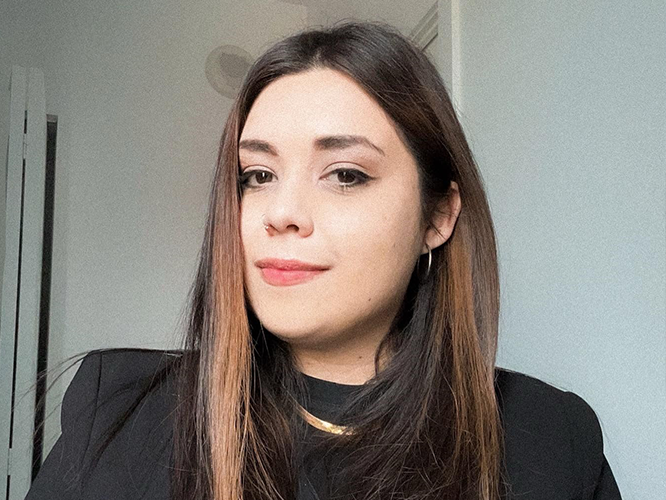
Katherine Arenas-Collao
Queen’s University
Innovation in Environmental and/or Social Performance
How can diversity and inclusion be effectively implemented in a market where candidates are scarce? Addressing this question is not as straightforward as it may seem; in fact, numerous authors characterize the implementation of Equity, Diversity, and Inclusion (EDI) policies as a complex matter that demands a case-by-case approach. While there is no one-size-fits-all solution, valuable insights can be gleaned by examining successful cases and fostering collaboration within the industry for mutual learning.
In this context, Katherine's research employs an intersectional lens to investigate how EDI programs, designed to enhance the recruitment and retention of mining professionals at the site, contribute to the achievement of Canada’s Critical Minerals objectives. The study specifically focuses on evaluating the effectiveness of programs in accommodating and supporting employees, particularly women, who must balance work and family responsibilities. Furthermore, the research explores the extent to which these effective support systems not only attract more women to the industry but also resonate with younger workers of all genders who prioritize work-life balance more than their predecessors.